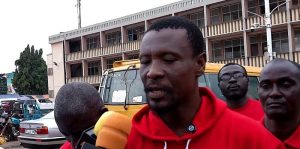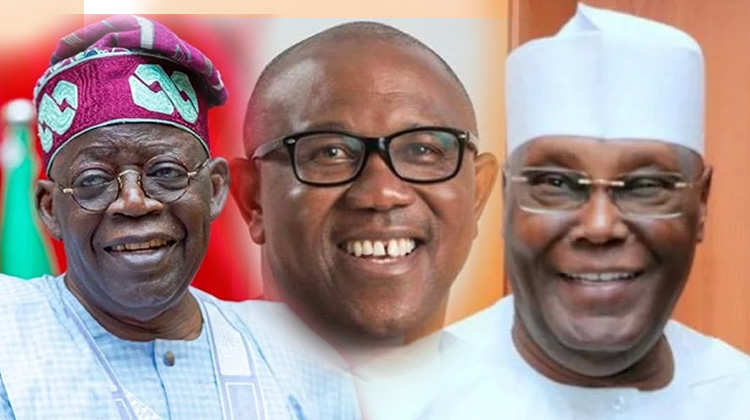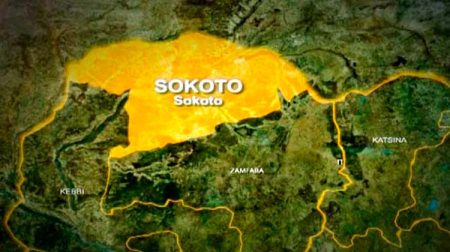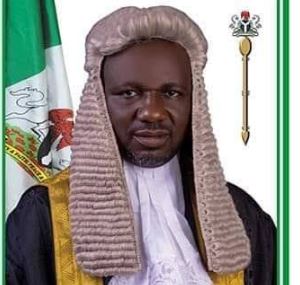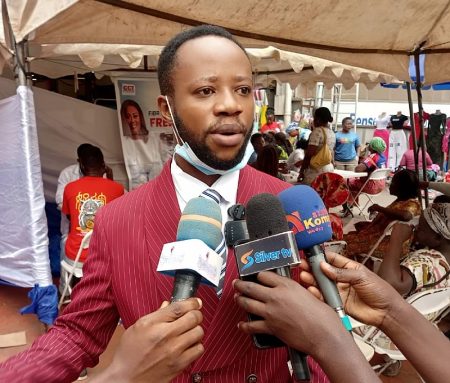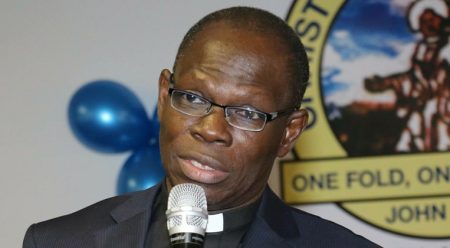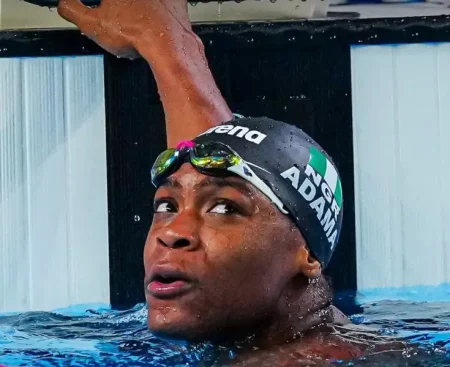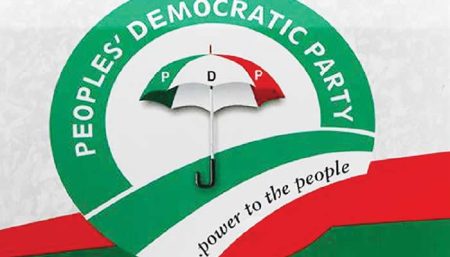The Kano Conundrum: Kwankwaso’s Pivotal Role in the 2027 Elections
As the 2027 general elections draw closer, the political landscape in Nigeria is becoming increasingly complex, with Kano State emerging as a crucial battleground. With a substantial voting population of 5.7 million, Kano holds significant sway in determining the electoral outcome. At the center of this political vortex is Rabiu Kwankwaso, the former governor of Kano and leader of the Kwankwasiyya Movement, a formidable political force within the state. Kwankwaso’s influence and the potential impact of Kano’s votes are recognized by all major political players, making his next move a subject of intense speculation and strategic maneuvering.
The 2023 presidential election provided a clear demonstration of Kwankwaso’s political clout. Running on the platform of the New Nigeria People’s Party (NNPP), he secured an impressive 1,496,687 votes, a significant portion of which came from Kano. Notably, he garnered 997,279 votes in Kano, surpassing even the then-ruling All Progressives Congress (APC). This performance solidified his position as a kingmaker and underscored the importance of securing his support in future elections.
The current political scenario presents a dynamic interplay between the ruling APC, seeking to retain power under President Bola Tinubu, and a newly formed opposition coalition under the umbrella of the African Democratic Congress (ADC). The ADC coalition boasts a diverse array of political heavyweights, including former Vice President Atiku Abubakar, former Governor Nasir El-Rufai, Labour Party’s Peter Obi, former Governor Rauf Aregbesola, former Senate President David Mark, and former Rivers Governor Rotimi Amaechi. This formidable alliance aims to challenge Tinubu’s re-election bid and wrest control of the presidency.
Kwankwaso’s pivotal role in this political chess game is undeniable. Both the APC and the ADC coalition have recognized his influence and are actively courting his support. Representatives from both sides have reportedly held meetings with Kwankwaso and other NNPP figures, attempting to negotiate alliances and secure Kano’s crucial votes. The NNPP, currently facing internal factionalism, adds another layer of complexity to the situation. While the pro-Kwankwaso faction emphasizes his continued commitment to the party, the anti-Kwankwaso faction views his potential departure as a positive development.
Within the APC, there’s a belief that Kwankwaso is too astute to align with the ADC coalition, viewing it as a gathering of “internally displaced politicians.” They argue that joining forces with Atiku, El-Rufai, and others would diminish his political standing. Instead, they suggest that Kwankwaso’s best options are either to join the ruling APC or maintain his regional dominance in northern Nigeria. They believe aligning with the ruling party would be a more strategic move, given its control of the federal government.
The ADC coalition, on the other hand, views Kwankwaso as a valuable asset. They see his potential addition as a significant boost to their efforts to unseat Tinubu. They acknowledge that individuals and even local chapters of the NNPP might choose to align with the ADC, even if the national headquarters does not. They emphasize their focus on attracting influential individuals, recognizing the importance of local politics in achieving their national objectives.
Amidst these political machinations, Kwankwaso has remained tight-lipped about his intentions. This silence has created unease among his supporters, who are eager to understand his strategy for the 2027 elections. The prolonged uncertainty has caused some supporters to shift their allegiance to other parties or candidates, creating instability within the Kwankwasiyya Movement and the NNPP. The pressure mounts for Kwankwaso to declare his position and provide direction to his followers. His decision will undoubtedly reshape the political landscape in Kano and significantly impact the trajectory of the 2027 elections.
The intricacies of the Kano political scene are further complicated by the internal divisions within the NNPP. The faction opposed to Kwankwaso’s leadership views him as a liability and welcomes his potential exit. They believe he has sown discord within the party and attempted to exert undue control. Conversely, the pro-Kwankwaso faction recognizes his political prowess and the benefits he brings to the party. They acknowledge the interest from other parties but maintain that Kwankwaso remains committed to the NNPP’s growth and Nigeria’s development.
The political chessboard is set, with Kano as the central square. Kwankwaso holds the key piece, and all eyes are on him, awaiting his next move. His decision will not only determine the fate of Kano but could potentially tip the scales of power in the entire northern region and influence the outcome of the 2027 presidential election. The coming weeks are crucial, as Kwankwaso’s silence continues to fuel speculation and intensify the political maneuvering in Kano.



